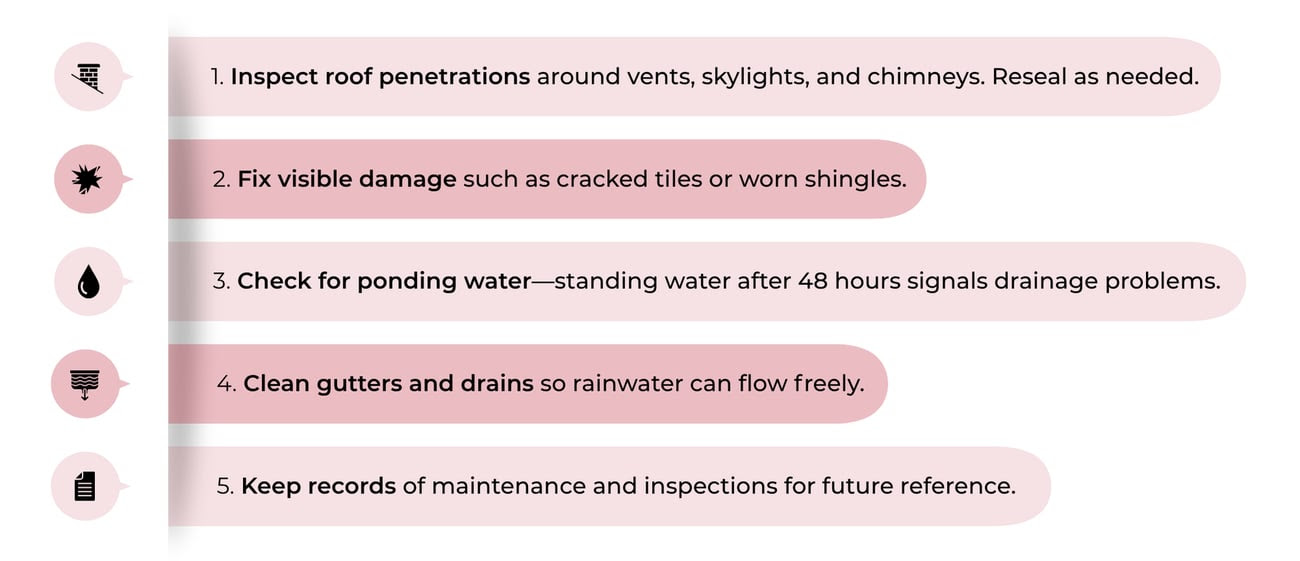Stay Informed: Los Angeles Property Management November 2025 Updates!

Rental fraud is skyrocketing nationwide — and Atlanta is leading the trend. Some landlords report that up to half of rental applications in certain buildings are fake, with falsified pay stubs, fake employment letters, or made-up Social Security numbers.
💡 Why It’s Happening
- High rents, a surge in luxury units, and too few affordable homes are pushing renters to desperate measures.
- Influencers on TikTok are selling “rental application packages” that include fake pay stubs and employment letters.
- Outdated screening methods make it easier for fraudulent applications to go unnoticed.
⚠️ The Fallout
- Landlords face major financial losses when fake tenants stop paying rent.
- Honest renters are affected too, as inflated demand drives prices higher.
- Many property managers are turning to AI-powered verification tools to spot fake documents and prevent fraud.
🧠 The Bottom Line
- Rental scams are getting smarter, reflecting the growing pressures of today’s housing market.
- Combating fraud now requires a mix of technology, vigilance, and tighter screening processes.
- When an applicant seems too eager to move in — especially if they say “today or tomorrow” — it’s often a red flag for fraud.
The rise in rental scams shows just how unbalanced the housing market has become — too many luxury units, too little affordability, and growing pressure on both renters and landlords.

On October 7, Governor Gavin Newsom signed AB 628 into law — bringing a major update to California’s definition of what makes an apartment “habitable.”
Starting January 1, 2026, every new lease, renewal, or amendment must include a working stove and refrigerator.
What’s Changing:
- 🍳 Stoves are now required in all qualifying lease agreements.
- 🧊 Refrigerators must be provided — unless the tenant explicitly agrees in writing to bring their own. Even then, tenants can change their mind within 30 days, and the owner will need to supply one.
- ⚠️ If a stove or fridge is recalled, owners have 30 days from notice to repair or replace it.
Why It Matters:
AB 628 shifts stoves and refrigerators from “optional amenities” to core habitability requirements. This means:
- 💸 Added costs for owners, especially for properties that didn’t previously include appliances.
- ⏱️ Stricter timelines for appliance repairs, replacements, and documentation.
- 🚫 Fewer exemptions — only SROs, residential hotels, and housing with shared kitchens are excluded.
As many owners have already experienced, operating costs continue to rise while rent increases remain capped under local laws. AB 628 continues that pattern, raising compliance requirements without providing added rent flexibility.

Preventative maintenance is always better than scrambling during a storm. Just like ignoring your car’s “check engine” light, overlooking roof upkeep can leave you with leaks, property damage, and big repair bills.
Rain may get the blame for roof leaks, but most problems start long before the first storm. Small cracks, worn seals, and clogged gutters can all turn a light drizzle into major damage once the rain begins.
As the rainy season sets in, take time to ensure your roof is prepared and protected:

If you can’t safely inspect your roof, schedule a professional checkup. A few small touch-ups now can save you thousands later—and help you stay dry and stress-free all season long.
📰 Quick Local Policy Note: Cudahy Passes New Eviction Threshold Ordinance
On October 7, the Cudahy City Council approved an urgency ordinance that limits evictions to cases where rent exceeds Fair Market Rent (FMR) as defined by HUD.
The update also narrows what qualifies as a “material lease violation” to:

While the long-term impact remains unclear, some expect the rule could increase rent debt and credit challenges for tenants.
For guidance on how this may affect your leases, consult with legal counsel.


